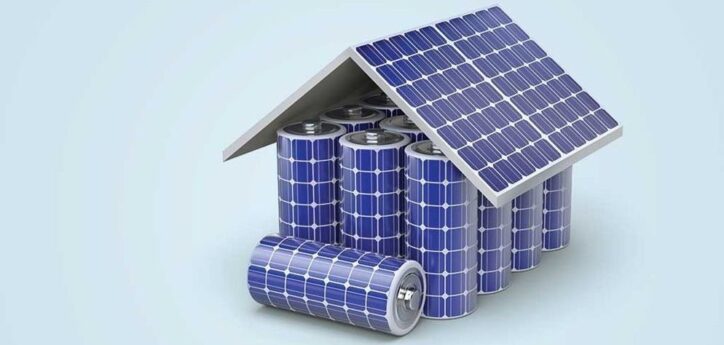
You have perhaps seen the solar panels on rooftops and in fields. Now that solar energy is becoming the go-to source of energy for most people in the USA, more people are becoming aware of how solar panels work, but there is still a lot of ambiguity and gap of knowledge among people when it comes to how to store solar energy. Some do not even know that solar energy can in fact be stored.
In this article we discuss the importance of storing solar energy, the benefits of storing solar energy, along with how solar storage technology works and what is the best way to store solar energy.
Installing solar panels is just half the work you do to get an eco-friendly energy source. Other half of the battle is to figure out how to store the solar energy to use in case there is a power outage, a storm or such climatic conditions that hinder sunlight.
How to store solar energy?
Solar energy is one of the most used alternative sources of energy at homes, offices and farms not just in the USA, but all over the world. When solar energy is integrated with storage technology, it becomes an even more reliable source of energy.
Our power usage is more during the evenings and nights as compared to the during the daylight hours, but the paradox here is that during the nightly hours, there is no sunlight and hence the solar panel is rendered useless. This does not mean that you can only use solar energy during the day. A smart and energy efficient way around this is to install a storage mechanism that can store solar energy produced during the day and you can easily utilise it to meet your power needs at night as well.
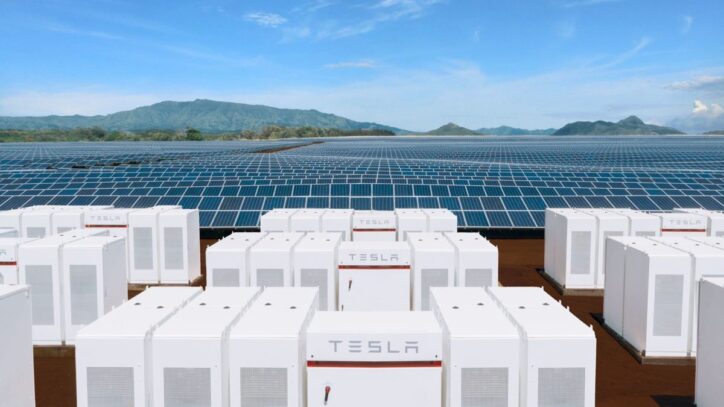
You can store solar energy is three different ways:
- Thermal storage
- Mechanical storage
- Battery storage
Thermal storage for solar energy:
Thermal energy storage is a very efficient way of storing solar energy. It uses a variety of mediums to absorb the solar radiation. It can use mediums like water or molten salts to retain the solar heat. The medium is heated and stored in an insulated tank. The energy stored in the tank can be utilised when the need arises. Generally the stored energy is used to boil water for further generation of electrical energy.
Mechanical storage for solar energy:
Mechanical energy uses the potential energy and generates electricity. Herein, the surplus electrical power is converted into mechanical energy and stored. The energy can then be converted back into electrical energy and used as and when required There are three energy storage systems that are utilized for converting surplus solar energy into mechanical energy and stored for later use:
Flywheel method for storing solar energy:
The surplus solar energy is used to spin a flywheel. This generates electricity which can be used when there is a necessity for it and solar energy cannot be used.
Pumped hydro method for storing solar energy:
Using this method water is pumped up to a reservoir. The reservoir is placed above a turbine generator. When there is need for electricity this water can be used to generate hydro-electricity by flow downhill through the turbine generator. The recent estimates on the cost of pumped hydro are approximately $165/kWh. This solar energy storage technology is only available at certain locations. This is because a new pumped hydro setup involves a very steep upfront cost, and there are a number of regulatory hurdles that have to be cleared and permissions that need to be sought.
Compressed air method for storing solar energy:
This energy storage system pumps compressed air into a large vessel like a tank or an underground formation. When there is a necessity for electricity, the air is released. This generates electricity for usage. The estimated cost of compressed air as a storage system for solar energy is $105/kWh. This is according to the most recent government estimates. Hence, compressed air is one of the most cost effective methods to store solar energy, especially for large-scale applications.
Using batteries for storing solar energy:
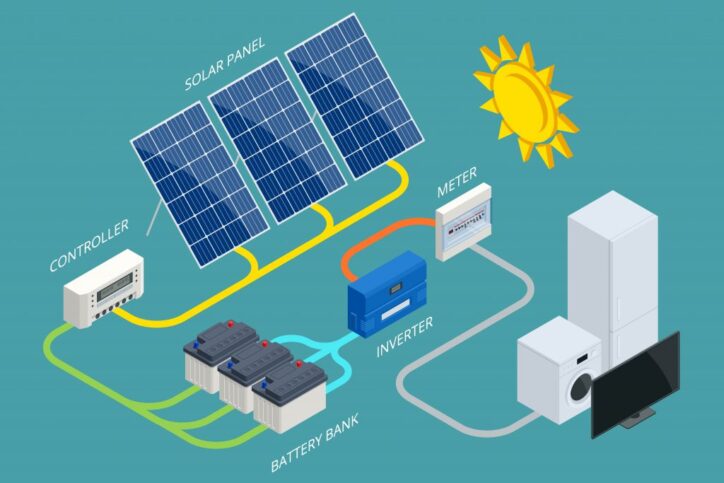
Batteries are the most commonly used system of storage opted for by the people with solar panels at their homes. After the direct current produced by solar energy is converted into alternating current by your inverter, the electricity is provided to their house for utility. The energy that is not utilised is stored in the battery.
Another interesting and highly incentivising fact is that people who use solar energy at homes get special financial incentives from the federal as well as the state programs for installing solar panels at home. On top of this you can also get additional rebates if you install solar batteries. Besides, if you install solar batteries, you don’t need to send the surplus energy back to the grid, you can save it to utilise it for later. It turns out that homeowners with solar systems don’t have to send that extra electricity back to the grid. They can use solar batteries to store that excess electricity and use it later. In fact, just like you can get special financial incentives from federal or state programs for installing solar panels, you can get additional rebates for installing solar batteries as well. The available rebates vary depending on your utility provider.
How do lithium batteries work?
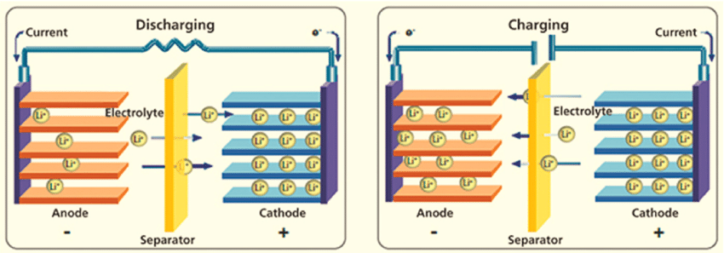
The batteries mostly used by the homeowners of solar panels are lithium ion batteries. There is an electrolyte inside the lithium batteries, the battery moves the ions through these electrolytes. Ions gain or lose electrons. When the lithium ions move from anode to a cathode, it produces free electrons (these electrons are released from the lithium atoms)
The free electrons which are built up, help charge and store electricity. Once the electricity stored in the battery is discharged the direction of flow of ions is reversed. The process is repeatable; this means that the lithium ion batteries can be charged and discharged hundreds of times.
The reason why lithium is used is that being a lightweight metal, lithium can easily allow electric current to pass through it. The ions make the battery rechargeable as the reaction of the lithium ions are reversible upon the discharge of energy. This allows the battery to re-absorb the power and discharge it later, as many times as required.
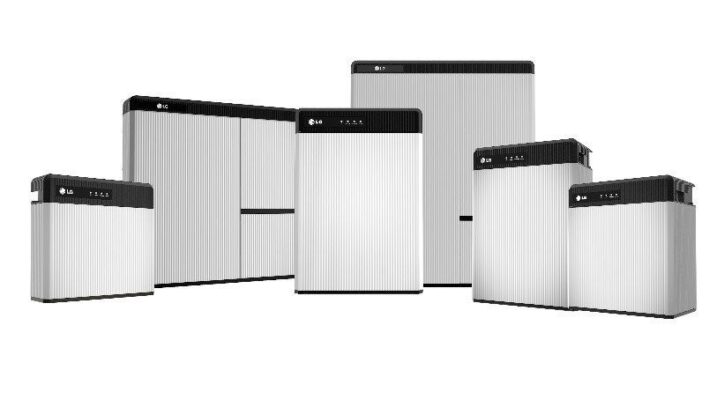
Even though the capacity of the lithium ion batteries to store solar energy is relatively lower than the other solar energy storage systems, it is still used widely because of its feasibility. The lithium ion batteries are very easy to install and can be placed almost anywhere. Besides they also have a smaller footprint and are very economical. All of this increases the utilitarian functions of the lithium battery as a solar storage system. A lithium battery is at present the best most cost effective option when it comes to solar batteries. Once it has been fully charged, the battery can easily hold the charge for 1-5 days. Lithium batteries are a one time investment, much like solar panels. Once installed the lithium battery storage system can last unto 30 years.
Benefits of storing solar energy:
The catch with solar energy is that it has to be used immediately as it is produced, moreover, you cannot produce solar energy when there is no sunlight, which is ironic because we use electricity and other home appliances the most after sun down when we get back from work. Therefore, we absolutely need to store solar energy to use it at the peak usage times. If we do not store it and instead depend on conventional energy sources, we are not only wasting a golden opportunity to be eco-friendly but also essentially condemning ourselves to high utility prices and hefty electricity bills. If the idea of a reduced electricity bill is not enough to tempt you, we also have a few other benefits that storing solar energy gives you:

Balancing electric loads:
We do not need the same amount of electricity at all times during 24 hours of the day. There are certain peak hours and certain hours where the electricity is barely even used. Storing solar energy will allow you to balance those times out. What this means is that you can easily store solar energy during the time when there is a high supply of sunlight during the day, and the reservoir of energy can help power your electric appliances at times when there is no sunlight to run the solar panels and provide solar energy. This will give you a non-stop supply of electricity as well as tackle those hefty electricity bills.
Have a more reliable source of energy:
solar energy storage helps you to have a consistently reliable source of energy. It is especially beneficial in areas where the grid electricity is highly unstable and causes problems for you occasionally. Having a solar energy storage system in place you can easily have a dependable source of energy at all times and not have to worry about the grid going down. Since the grid is subjected to malfunctioning due to climatic conditions or any unforeseen hardware malfunction, solar energy provides you with a safer option to rely upon. And when you store this energy you need not have a worry in the world about your power needs.
Be an environmentalist:

If you opt for solar energy for your homes or offices, you are already halfway to becoming an eco-friendly environmentalist. However, using conventional energy sources after sun-down, during peak usage times, just ruins your entire initiative. If you truly want to go green, the best way is to store solar energy using a suitable solar energy storage system. Solar energy produces significantly less pollution as compared to conventional energy sources like fossil fuels. Moreover, using storage systems for solar energy you can also reduce the carbon footprint of your house. You will not only be conserving your money but also conserving natural resources.
No noise pollution:
when there is a grid failure, you have to rely on noisy generators for power backup, there shall be no more of that if you have solar panels and solar energy storage systems installed at your home. No more will you or your neighbors have to suffer from the ear-wrecking noise of the generators, all thanks to your solar energy storage system.
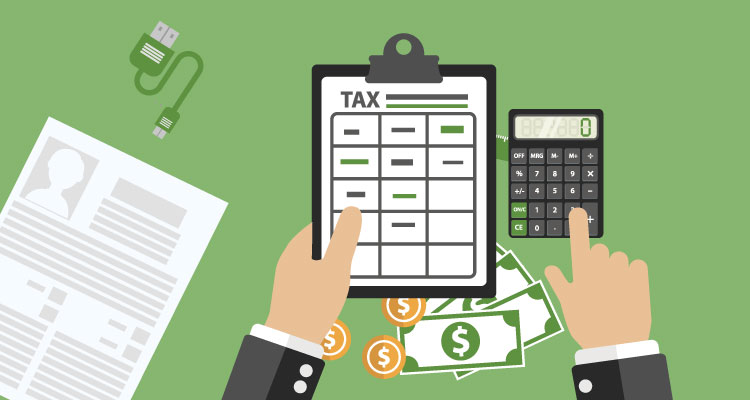
We have saved the best for the last. The most important benefit for storing solar energy is offered by the self generation incentive program that provides a lucrative incentive to the people who support and utilise alternative energy sources. Some of the ways by which you can qualify for this program are advanced energy storage systems, microturbines, wind turbines among other renewable energy choices. You could receive a rebate for your energy system. This means that by storing solar energy now only are you cutting down on the electricity bills but you are also essentially making money and getting tax rebates!
Storing solar energy is one of the smartest and most economical choices one can make. It not only helps you save money but it also allows you to conserve natural resources and save the earth.
A lot of homeowners usually go for lithium battery storage systems as these are easier to install and relatively less expensive. But it is very important to estimate your solar energy needs. Knowing for instance, how many batteries you would need for your house, is important. As per your specific needs, the storage capacity of the battery would vary. The desired storage capacity, back up load and backup duration also factor in when talking about the storage capacity. You can easily and accurately calculate your storage needs using Aurora Solar’s Battery Storage tool
While it is a very attractive idea to eliminate your electricity bills using cleaner and greener energy sources like solar energy, make sure to have the full knowledge about the entire mechanism and systems you need to have in place to acquire the full benefits of these alternative sources of energy. Since solar energy is a pretty big investment, with great returns no doubt, still you should be aware of how to maximize your gains. This is where solar energy storage systems come in.
